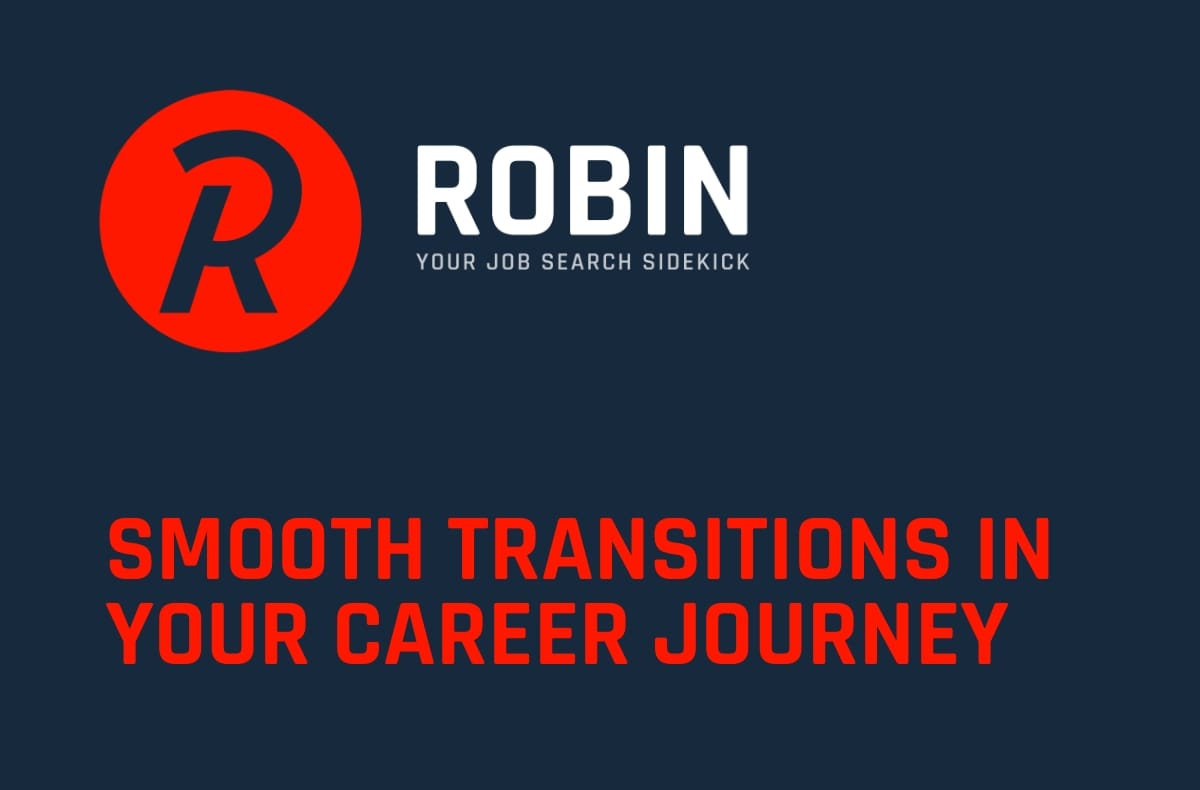Smooth Transitions in Your Career Journey

How to Make Career Changes Without the Stress
Description
Explore practical strategies to transition seamlessly between careers. Learn how to plan, adapt, and thrive in your new professional path.
---
Introduction
Finding Your Path
Switching careers can seem like an insurmountable task. It’s not just about finding a new job; it’s about navigating a whole new industry, skill set, and workplace culture. The good news? Many have done it before, and you can too! This guide will provide you with career transition strategies to make your move as smooth as possible.
Why This Matters
Career transitions are becoming more common in today’s dynamic job market. Whether you're a tech enthusiast looking to break into a new field or a recent graduate seeking your first job, understanding how to pivot effectively can set you on a path to success.
What You’ll Learn
In this post, we’ll cover practical steps, insider tips, and valuable resources to help you transition seamlessly into your new career. From career transformation strategies to leveraging AI job search tools, we’ve got you covered.
---
1. Know Your "Why"
Discovering Your Motivation
The first step in any career transition is understanding why you want to make the change. Are you seeking better work-life balance, higher pay, or more fulfillment? Clarify your motivations to guide your career transformation.
Identify Your Goals
Write down your short-term and long-term goals. What do you hope to achieve in your new career? This clarity will keep you focused and motivated through the transition process.
Reflect on Your Current Job
Assess what’s lacking in your current role. Understanding what you don’t like can help you avoid similar pitfalls in your new career.
Example
Consider Sarah, a software developer who transitioned to data analysis because she found more fulfillment in interpreting data than writing code. By identifying her motivations, she successfully navigated her career change.
---
2. Research Career Options
Exploring New Fields
Once you know your "why," start exploring different career options. Look for roles that match your interests and skill set.
Use Online Resources
Websites like LinkedIn, Glassdoor, and Indeed offer insights into various job roles, required skills, and salary expectations. Leverage these platforms to gather information.
Network with Professionals
Reach out to people in your desired field. Networking can provide firsthand insights and open doors to opportunities you might not find through traditional job searches.
Example
Mike, a marketing manager, transitioned to product management by attending industry meetups and connecting with professionals who offered valuable advice and job leads.
---
3. Develop New Skills
Building Your Skill Set
Transitioning to a new career often requires new skills. Identify the skills needed for your new role and start learning.
Online Courses and Certifications
Platforms like Coursera, Udemy, and LinkedIn Learning offer courses tailored to various industries. These can help you gain the knowledge you need to excel in your new career.
Practical Experience
Consider internships, volunteer work, or freelance projects to gain practical experience. This hands-on approach can make you more attractive to potential employers.
Example
Alex, a finance professional, took online courses in data science and completed a few freelance projects. This practical experience helped him land a data analyst position.
---
4. Leverage Your Existing Skills
Transferable Skills
Your current role has likely equipped you with skills that are valuable in your new career. Identify these transferable skills and highlight them in your job applications.
Soft Skills Matter
Skills like communication, teamwork, and problem-solving are valuable in any industry. Showcase these skills to demonstrate your versatility.
Tailor Your Resume
Customize your resume to reflect how your experience aligns with the new role. Use industry-specific keywords to catch the eye of hiring managers.
Example
Emma, a teacher, leveraged her communication and organizational skills to transition into a project management role. She tailored her resume to highlight these transferable skills.
---
5. Utilize AI Job Search Tools
Modern Job Search Strategies
AI job search tools can streamline your job hunt and match you with suitable positions based on your skills and preferences.
Automated Job Applications
Tools like Outwrite and Robin can help you create polished resumes and cover letters, ensuring your applications stand out.
Personalized Job Matches
AI-driven platforms analyze your profile and recommend jobs that fit your criteria, saving you time and effort.
Example
John used an AI job search tool to find a marketing position that aligned perfectly with his skills and career goals. The tool's personalized recommendations made his job search more efficient.
---
6. Network Effectively
Building Connections
Networking remains a powerful tool in any job search. Build and nurture relationships within your target industry.
Join Professional Groups
Participate in online forums, LinkedIn groups, and industry associations. Engaging with these communities can provide valuable insights and opportunities.
Attend Events
Industry conferences, webinars, and networking events are excellent places to meet potential employers and mentors.
Example
Lily attended a marketing conference where she met her future employer. Her active participation in industry events opened doors to new opportunities.
---
7. Prepare for Interviews
Nailing the Interview
Interviewing for a new career can be daunting. Prepare thoroughly to increase your chances of success.
Research the Company
Understand the company’s values, culture, and recent achievements. Tailor your responses to align with their needs and goals.
Practice Common Questions
Rehearse answers to common interview questions related to your new field. Practice with friends or use online resources to refine your responses.
Example
David, transitioning from sales to HR, practiced answering HR-specific questions. His preparation paid off, and he secured his desired role.
---
8. Stay Resilient
Managing Challenges
Career transitions can be challenging. Stay resilient and maintain a positive mindset.
Accept Rejections Gracefully
Rejection is a part of the job search process. Learn from each experience and use it to improve your approach.
Seek Support
Lean on friends, family, and mentors for support. Their encouragement can help you stay motivated during tough times.
Example
Sophia faced multiple rejections before landing her dream job in graphic design. Her resilience and support network helped her persevere.
---
9. Leverage Mentorship
Finding Guidance
Mentors can provide valuable insights and guidance during your career transition.
Identify Potential Mentors
Look for professionals in your desired field who inspire you. Reach out to them for advice and mentorship.
Build a Strong Relationship
Maintain regular communication with your mentor. Their experience and guidance can help you navigate challenges and seize opportunities.
Example
Tom found a mentor in his desired field of software development. Regular interactions with his mentor provided him with invaluable advice and boosted his confidence.
---
10. Stay Informed
Keeping Up with Industry Trends
Staying updated with industry trends is crucial for a successful career transition.
Follow Industry News
Subscribe to industry newsletters, blogs, and podcasts. Staying informed will help you adapt to changes and stay ahead of the curve.
Engage in Continuous Learning
Invest in lifelong learning. Take courses, attend workshops, and read industry literature to enhance your knowledge and skills.
Example
Rachel, transitioning to digital marketing, regularly followed industry blogs and attended webinars. Her commitment to continuous learning helped her excel in her new role.
---
11. Celebrate Milestones
Acknowledge Your Progress
Transitioning to a new career is a significant achievement. Celebrate your milestones along the way.
Track Your Progress
Keep a journal of your accomplishments and learnings. Reflecting on your progress can boost your motivation and confidence.
Reward Yourself
Treat yourself when you achieve significant milestones. Celebrating your successes can keep you motivated for the next steps.
Example
Mark celebrated his first month in his new role by treating himself to a weekend getaway. Acknowledging his progress helped him stay motivated.
---
Conclusion
Your Path to Success
Transitioning to a new career is a challenging yet rewarding journey. By understanding your motivations, developing new skills, and leveraging modern job search tools, you can make your career change seamless and successful.
Take Action
Ready to take the next step? Start planning your career transition today. Leverage the resources and tips provided in this guide to set yourself on a path to success.
Explore More
For more detailed guides on career change planning, check out these articles:
- Career Change Guide
- Success Stories of Career ChangersRemember, every step you take brings you closer to your dream career. Stay motivated, stay informed, and most importantly, believe in yourself.

